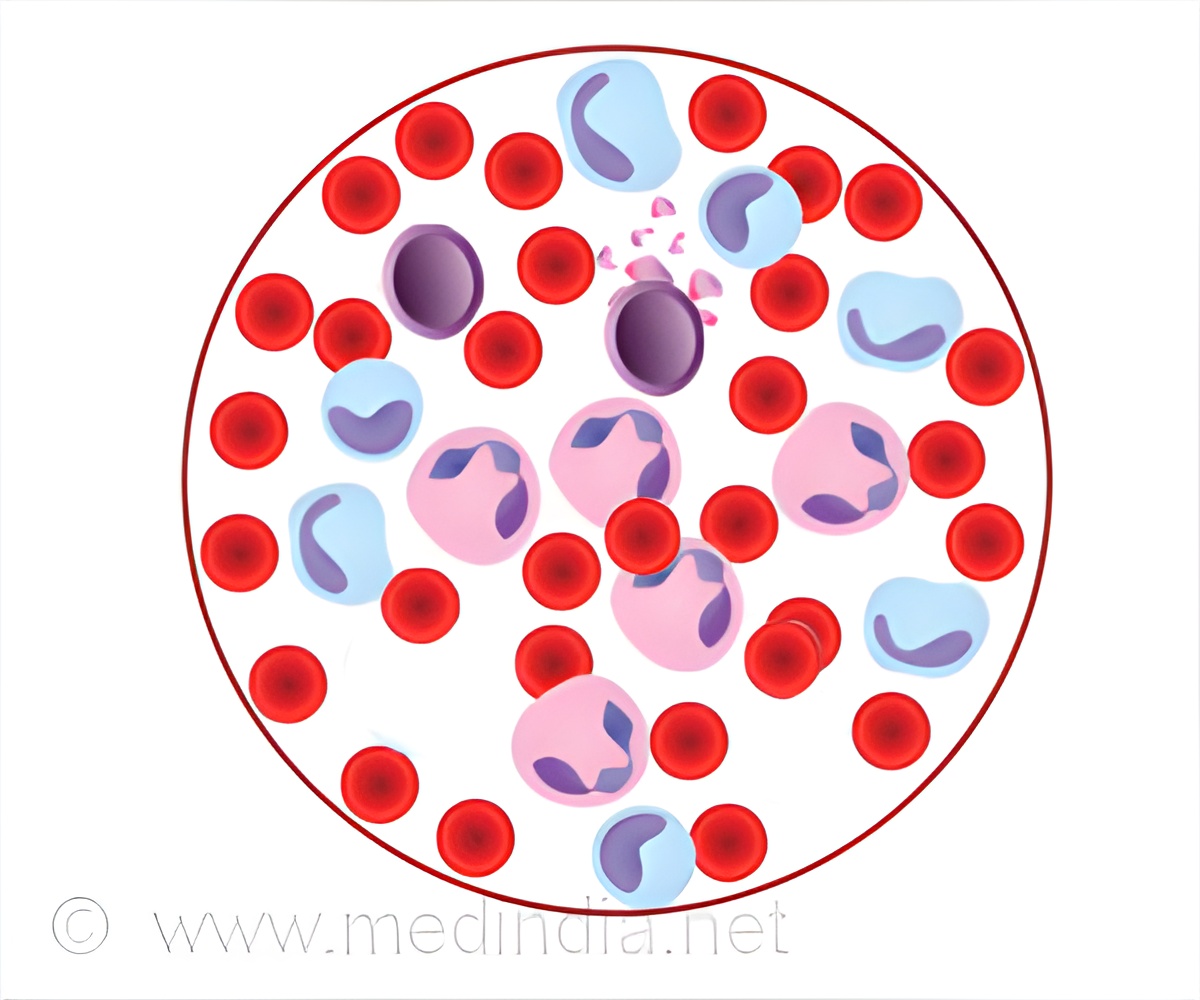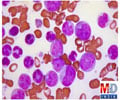For the treatment of acute myeloid leukemia (AML), a combination of mTOR inhibitors along with drugs that block the activity of the MNK gene, CDK9, or c-Myc can help overcome resistance to mTOR inhibitors.

‘In acute myeloid leukemia (AML), patients develop resistance resulting in fatal relapses. A combination of mTOR inhibitors along with drugs that block the activity of the MNK gene, CDK9, or c-Myc can help overcome resistance to mTOR inhibitors.’
Read More..




Yi Zheng, PhD Director, Experimental Hematology and Cancer Biology at Cincinnati Children's said, “Overcoming resistance to therapy remains a holy grail of leukemia treatment. While mTOR is a recognized target for AML and many cancers, inhibitor trials have not gone as expected."Read More..
The research led by Zheng and colleagues at Cincinnati Children's is published in the journal PNAS
They have found a novel method to boost the effectiveness of mTOR inhibitors, eventually leading to improved outcomes for patients with AML and possibly other forms of cancer.
mTOR inhibitors Trigger An Alarm
The protein mTOR is involved in regulating survival, cell growth, metabolism, and immunity and any disturbance to the normal mTOR activity can lead to several types of cancer and other conditions. Hence many scientist have conducted research on this mTOR signaling pathway.
Advertisement
Targeting mTOR triggers off alarms in the hemopoietic stem cells (HSCs) that produce blood cells in the bone marrow resulting in hyperproliferation of the blood cells that produces a flood of new, re-wired blood cells.
Advertisement
Overcoming Resistance
The researchers figured out how blood stem cells in mice re-wire themselves when mTOR gene activity is deleted by using a combination of genetic analysis tools like RNA-seq, ChIP-seq, and ATAC-seq. They found that HSCs respond to the loss of mTOR by activating the ERK/MNK/eIF4E signaling pathway that enhances the protein translation of RNA polymerase II, which boosts the expression of gene c-Myc that that allows both normal HSCs and leukemic stem cells to survive.
However, some drugs are already available that work against this alternate signaling pathway suggesting that a combination therapy could use an mTOR inhibitor to directly attack AML cell production while using other drugs to cut off alternative production paths.
The researchers state that resistance to mTOR can be overcomed by blocking the activity of the MNK gene, CDK9, or c-Myc. Few other drugs available include BET inhibitors and CDK9 which are currently in clinical trials.
The researchers have started preparing for clinical trials though it will require some time. As mTOR has been recognized as a target in most human cancers, including solid tumors like brain tumors, the findings may extend beyond AML.
Source-Medindia














